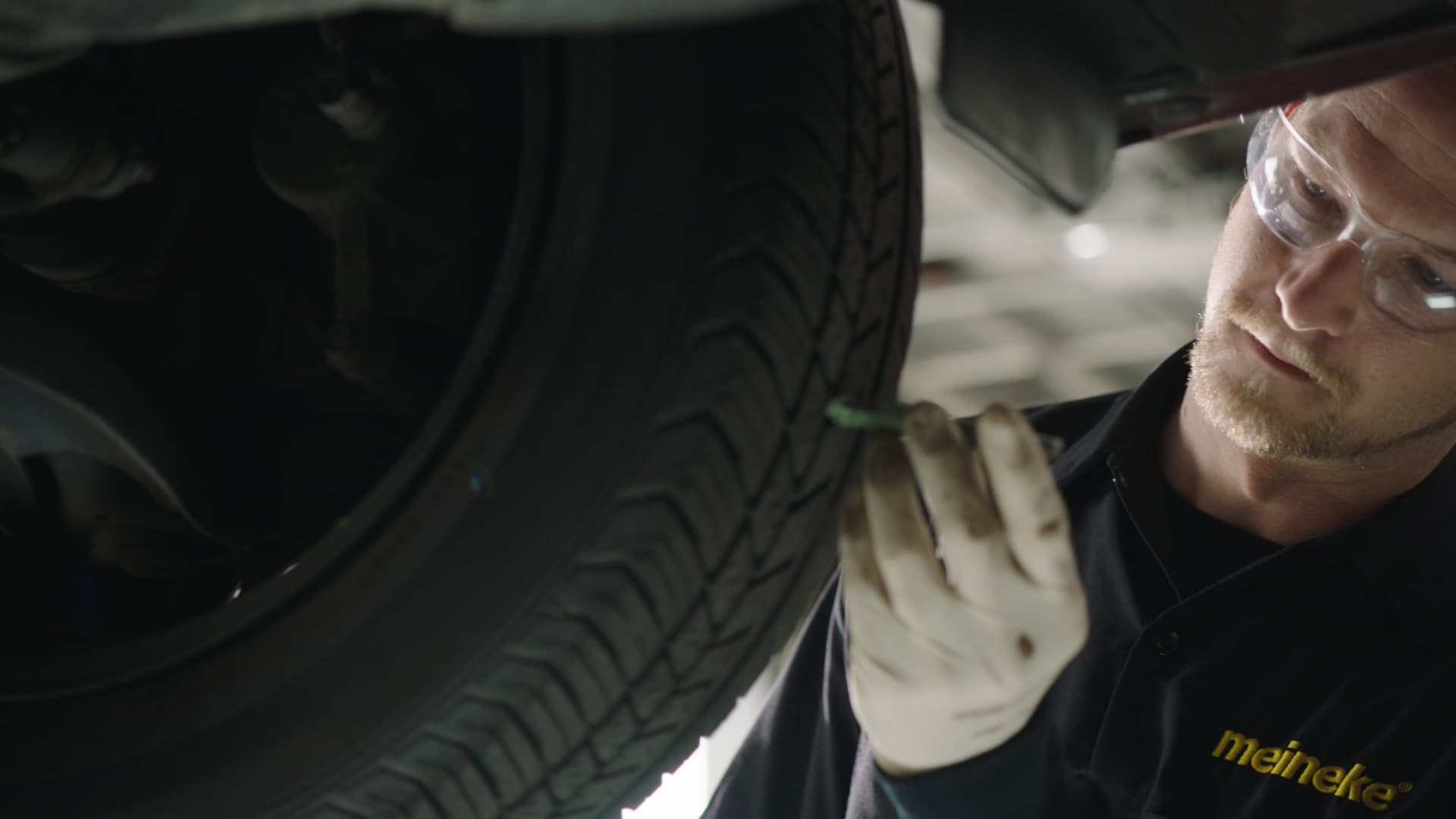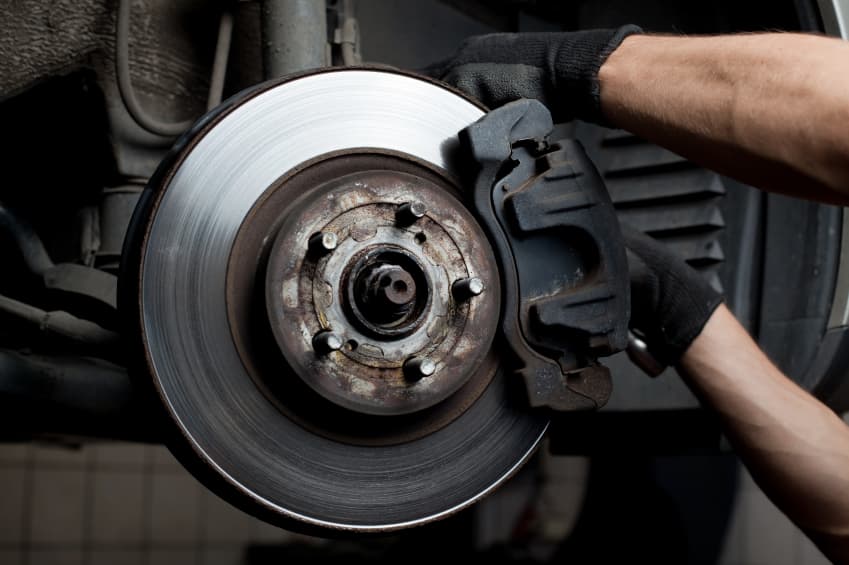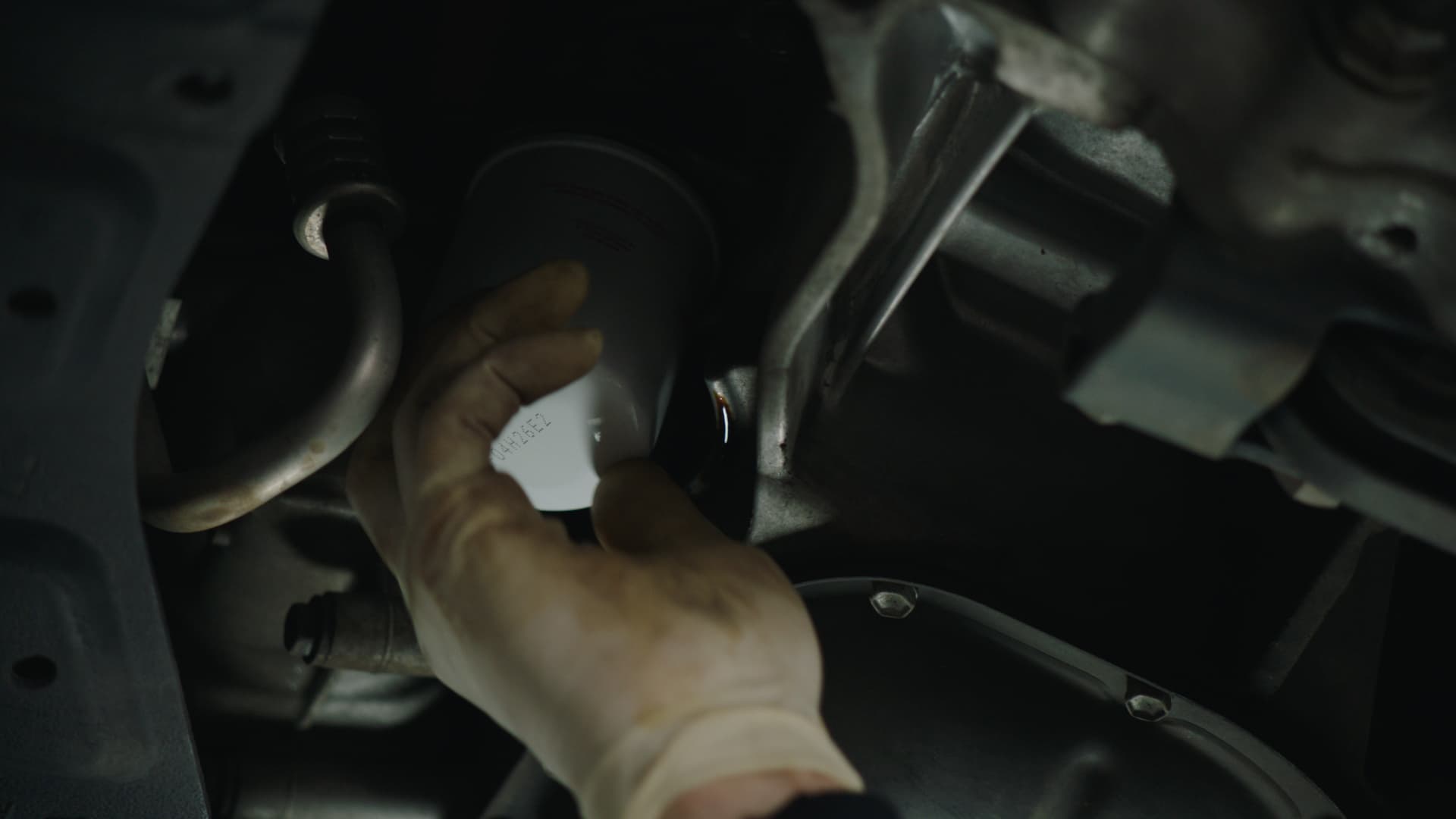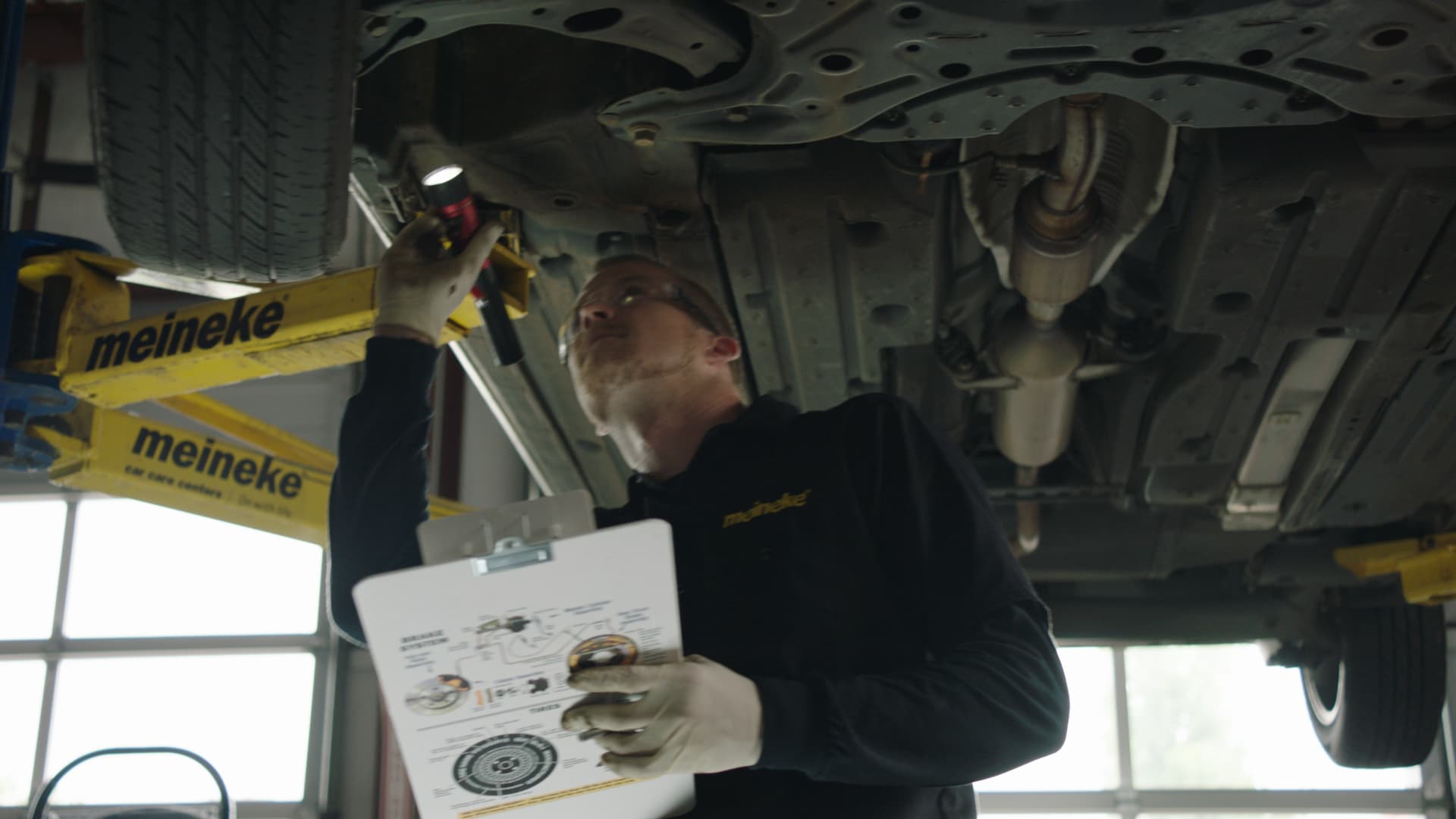
February 14, 2018
Anti-Lock Brake Problems and Repairs
Anti-lock braking technology is standard on virtually all new automobiles, and is one of the most essential things your car offers to keep you and your passengers safe. As with any automotive system, though, it requires regular maintenance and upkeep, or else it ceases to do its job properly—the results of which can be devastating.
In this post, we’ll give some overview on how anti-lock braking systems, or ABS, work; what makes them stop working; and what you can do to keep yours in good working order.
ABS Brake System at a Glance
While there are some technological complexities to modern-day braking systems, ABS is pretty simple at its core. Basically, there are sensors on each wheel that detect when you encounter a slowdown or a skid. This briefly causes the wheels to stop rotating, which makes it easier for you to control your vehicle and steer it out of trouble.
ABS technology helps you avoid danger when the roads are slippery, icy, or wet; only on snow- or gravel-covered roads can ABS come up short. Essentially, ABS will automatically slow your vehicle before you even have a chance to apply your brakes, which means more control and decreased braking distance. Of course, this is all assuming your brakes are working as intended.
ABS Problems
Of course, this isn’t always the case; over time, you may encounter some issues with your ABS, and it’s important that you quickly troubleshoot them and begin the necessary repairs.
You may notice that there is an ABS service light on your dashboard. This light will briefly come on when you start the car, but should go off after a moment. If it remains illuminated, then your car is telling you there is a problem with the anti-lock braking system. Crucially, this is rarely a problem with the brakes themselves. More often, there is a malfunction with one of the sensors. This is most often caused because the sensors become contaminated, either with dirt or with metal shavings.
It is also possible that the problem is a malfunction in the sensory wiring; usually, this happens either due to driving through extreme environments, or by major neglect of your braking system. For those who take care of their brakes and get their vehicle serviced regularly, this is not a very likely occurrence.
Maintaining and Troubleshooting Your ABS
The best way to avoid problems with your brakes is to have them inspected regularly; you might make this part of your routine maintenance cadence, along with tire rotations and oil changes. Trained technicians, like those at Meineke, can let you know if there’s any work that needs to be done to clean or repair your sensors.
If you do experience problems, such as that ABS service light coming on, make sure you take your car in for servicing quickly. Your brakes are far too important to neglect. Your safety hangs in the balance!
To schedule an ABS service call or routine maintenance, contact your local Meineke service center right away.



